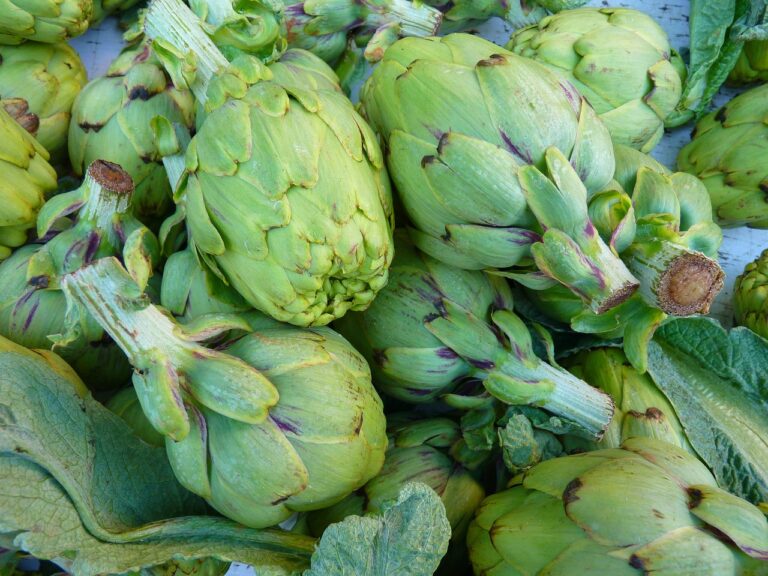Exploring the Rise of Food Cooperatives: Fostering Community Engagement Through Collective Ownership
Food cooperatives have a rich history that dates back to the 19th century when communities came together to address the rising costs and quality concerns of food products. These cooperative efforts were driven by a sense of solidarity and the desire to create a more equitable and sustainable food system.
The first food cooperatives emerged in Europe and North America, with the Rochdale Society of Equitable Pioneers in England often cited as a pioneering example. Established in 1844, this cooperative focused on providing affordable, high-quality goods to its members while promoting democratic decision-making and community empowerment. Over time, the cooperative movement expanded globally, with food cooperatives playing a crucial role in promoting access to healthy food, supporting local producers, and fostering a sense of community ownership.
Benefits of Collective Ownership in Food Cooperatives
When individuals come together to form a food cooperative, they establish a shared ownership structure that fosters a sense of community and cohesion. This collective ownership model allows members to actively participate in decision-making processes, ensuring that the cooperative aligns with their values and priorities. By working together towards common goals, members are able to create a supportive network that promotes transparency and accountability within the cooperative.
Furthermore, collective ownership in food cooperatives often leads to greater access to fresh, locally-sourced, and ethically-produced food options. Through the combined purchasing power of its members, a food cooperative can negotiate lower prices with suppliers and pass on the savings to consumers. This not only makes high-quality food more affordable and accessible to a wider range of individuals but also supports local farmers and producers by providing them with a reliable market for their products.
The Role of Food Cooperatives in Local Economies
Food cooperatives play a crucial role in local economies by providing communities with access to fresh and affordable produce. By sourcing products locally from farmers and producers, food cooperatives help support small businesses and promote economic growth within the region. This direct connection between consumers and local suppliers fosters a sense of community while reducing the carbon footprint associated with transportation of goods.
Additionally, food cooperatives often prioritize ethical and sustainable practices in their operations, further benefiting the local economy and environment. By offering organic, non-GMO, and locally-sourced products, cooperatives cater to the growing consumer demand for healthier and more environmentally-friendly options. This commitment to sustainability not only supports the health and well-being of community members but also contributes to the overall resilience and long-term viability of the local economy.
• Food cooperatives provide communities with access to fresh and affordable produce
• They support small businesses and promote economic growth within the region
• Direct connection between consumers and local suppliers fosters a sense of community
• Reduces carbon footprint associated with transportation of goods
• Food cooperatives prioritize ethical and sustainable practices in their operations
• Offering organic, non-GMO, and locally-sourced products cater to consumer demand for healthier options
• Commitment to sustainability supports the health and well-being of community members
• Contributes to the overall resilience and long-term viability of the local economy
What is a food cooperative?
A food cooperative is a community-owned grocery store where members collectively own and operate the store, often focusing on providing locally-sourced and sustainable products.
How do food cooperatives benefit local economies?
Food cooperatives support local farmers and producers by sourcing products locally, keeping money within the community, and creating jobs. They also provide a platform for small businesses to thrive.
How do food cooperatives differ from traditional grocery stores?
Food cooperatives prioritize ethical and sustainable practices, often offering organic, fair-trade, and locally-sourced products. They are typically owned and operated by their members, who have a say in the store’s operations.
Can anyone become a member of a food cooperative?
Yes, most food cooperatives allow anyone to become a member by purchasing a share in the cooperative. Members often receive discounts, access to special events, and the opportunity to vote on important decisions.
How can I support my local food cooperative?
You can support your local food cooperative by becoming a member, shopping at the store regularly, promoting the cooperative within your community, and volunteering your time or skills to help with various tasks.







